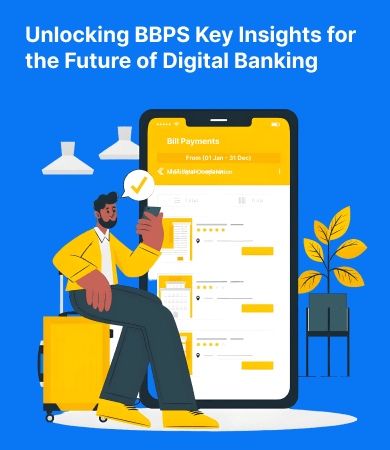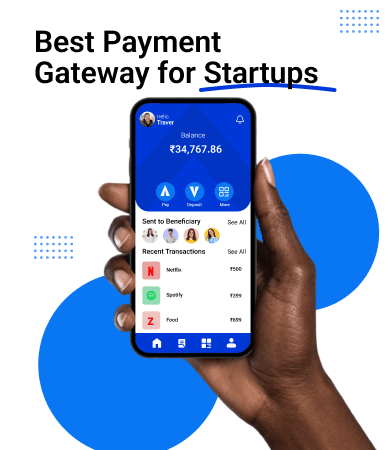In today’s digital-first landscape, customer experience (CX) has shifted from being just about solving problems to creating interactions that are instant, personal, and always accessible. In India, where more than 500 million people actively use WhatsApp, the platform has become the preferred way to communicate—cutting across generations, languages, and regions. This widespread adoption presents a powerful opportunity for businesses to connect with customers on a platform they already know and trust.
What’s truly exciting is that businesses can now go beyond simply replying to messages. With the WhatsApp Business API and no-code tools, it’s possible to automate the entire customer journey—from sending welcome messages and real-time order updates to handling support tickets and appointment reminders. And the best part? You don’t need any coding knowledge or a tech team to get started. This blog will explore how Indian businesses—ranging from local stores and startups to fast-growing D2C brands—are using WhatsApp to elevate customer engagement, streamline operations, and scale efficiently in a rapidly evolving market.







